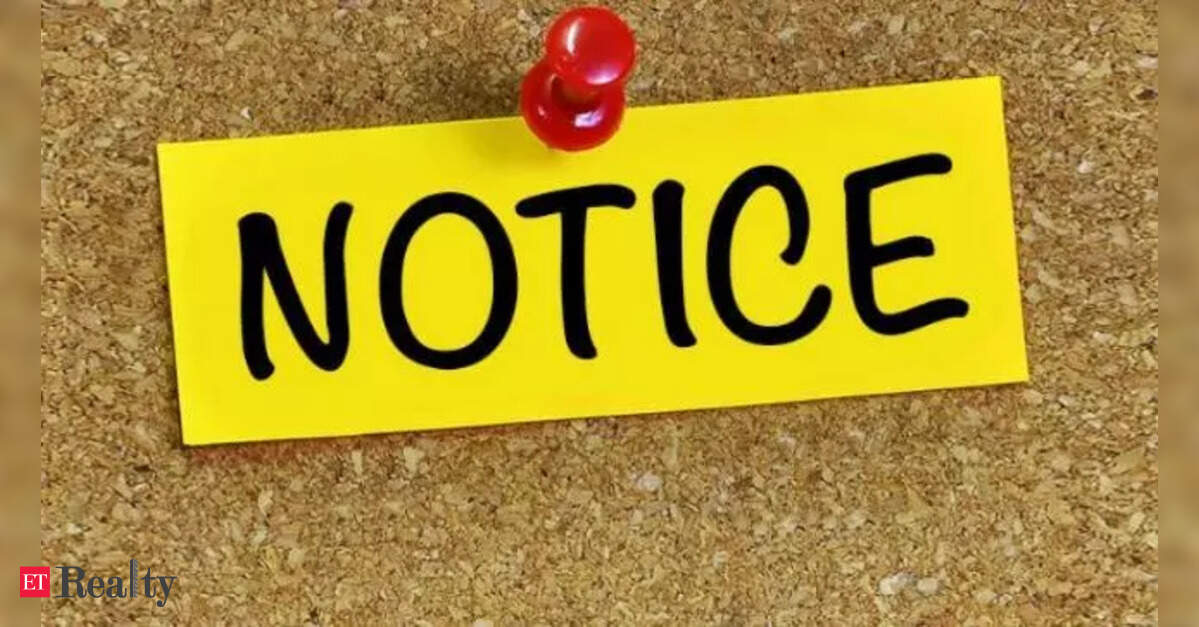
HYDERABAD: The Telangana Real Estate Regulatory Authority (TG-RERA) has directed Prime Infratech, the developer of the Prime Alpenia villa project in Mokila, to establish a formal association of allottees within 45 days. This directive, issued on June 4, came after a villa owner lodged a complaint regarding ongoing harassment and the unlawful collection of funds due to the absence of a registered society.
Budi Venkata Ramana, a resident of LB Nagar, reported that he purchased a villa in December 2021 and paid Rs 3,41,000 for corpus and maintenance charges in February 2022, but the promised owners’ association was never formed. The villa remained unoccupied until April 2024 and was rented out from May 1, 2024. In June and July 2023, he paid maintenance fees to one of the respondents based on verbal assurances that the society would soon be registered. However, he later refused to make further payments to the unregistered group and sent a legal notice in March 2024, stating that he would only pay a legally recognized society. Despite this, he alleged he was pressured to pay Rs 76,725 and that both he and his tenant faced threats, including potential utility disconnections.
TG-RERA determined that the promoter did not fulfill their statutory duty under Section 11(4)(e) of the Real Estate (Regulation and Development) Act, 2016, which requires the formation of an association or society of allottees. The failure to do so directly affects the rights of buyers and falls within the authority’s regulatory jurisdiction.
The promoter’s argument that a resident group managing the premises relieved them of responsibility was dismissed. The responsibility to initiate and facilitate a registered association is a legal obligation, not a discretionary choice.
The respondents managing the unregistered group claimed they were collecting maintenance fees for the upkeep of common areas and acted based on collective decision-making among residents. However, the authority clarified that disputes among residents or unregistered groups do not fall under its jurisdiction. Ramana had previously approached the Telangana Co-operative Department in October 2024, which is the appropriate forum for addressing such internal disputes.
TG-RERA emphasized that the obligation to form a registered association and transfer common areas is mandatory. Continued failure to comply would result in regulatory penalties under Section 63 of the RE(R&D) Act. At the same time, it confirmed that the complainant is legally required to pay maintenance charges under Section 19(6), regardless of occupancy status, as this obligation is linked to possession rather than actual use.




